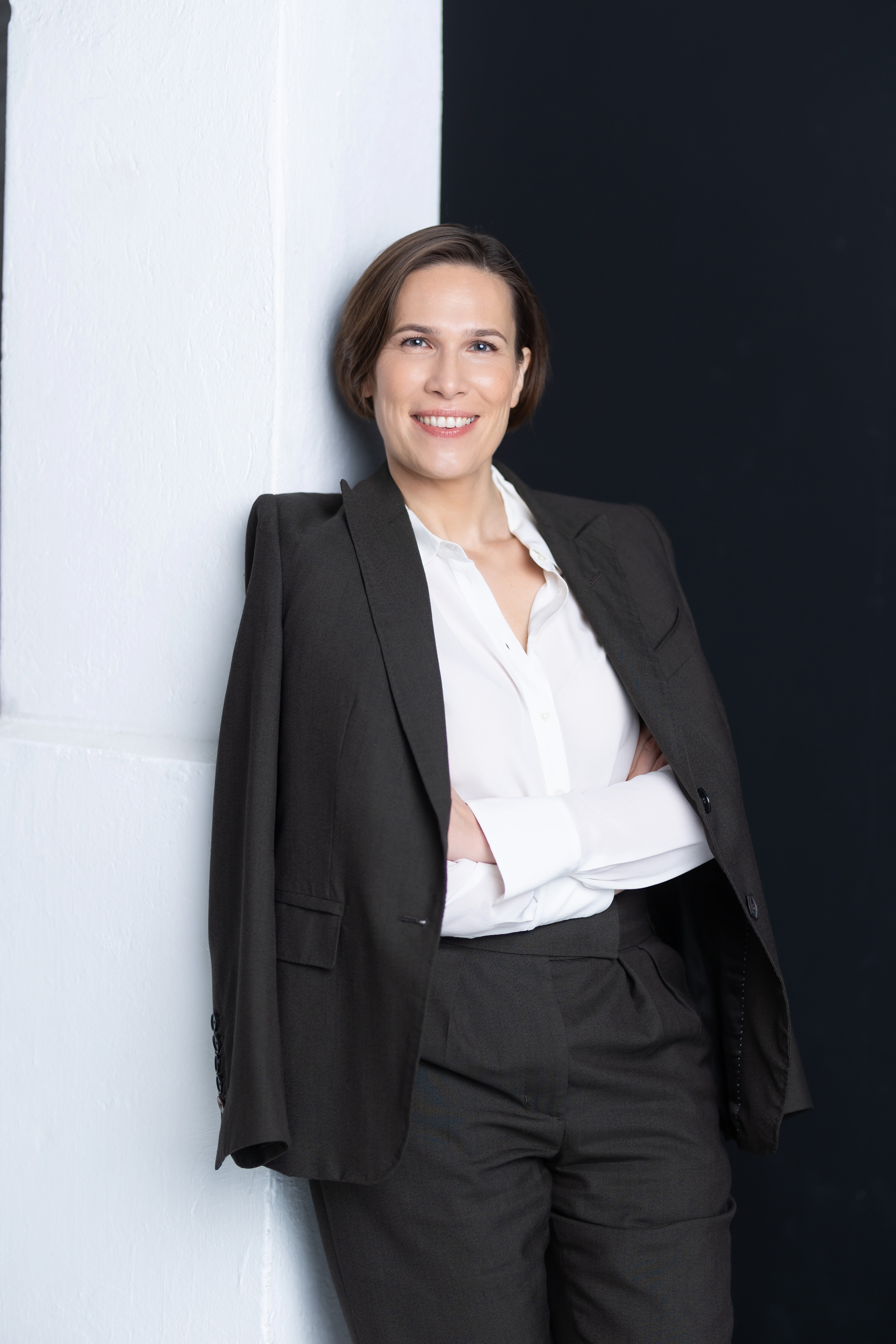On December 17, 2024, the Vilnius University (VU) Small Aula hosted the solemn commitment ceremony for the newly elected University Council members, during which they affirmed their dedication to the university. Among them is Prof. Urtė Neniškytė, a newly elected member representing natural sciences disciplines such as biochemistry, geology, physical geography, paleontology, biology, biophysics, ecology and environmental science, botany, and zoology. A researcher with solid academic experience who actively participates in various scholarly and scientific projects, Dr. Neniškytė, shares how she plans to contribute to VU’s mission and development in this interview.
1. How do you feel about being elected to the VU Council?
I’m delighted with the active participation of the researchers who supported me. I know that in previous elections, no candidate was elected in the first round due to low voter turnout, so it’s great to see people expressing their opinions this time. The fact that most voters chose me is a great honor and responsibility. I feel obligated to represent the interests of our scientific fields, but at the same time, I understand that we are all part of the university. My goal on the Council is to help balance the interests of different departments and the university.
2. What are your thoughts heading into the first Council meeting? What challenges or opportunities do you see in maintaining VU's academic and research quality?
The first major task is the election of the rector. Although we have a single candidate this time, it’s essential to hear the current rector’s vision and understand how he envisions the university’s progress based on his first term.
Another significant task is creating a new strategic plan beginning in 2025. The plan must evaluate the university’s role as a driving force in science, education, and societal development. This will help define key goals and objectives for the next five years.
3. What priorities would you highlight in the university's strategic plan?
Strategic planning should be based on insights from individual departments while aligning with the university’s overall goals. It’s essential to encourage the successful implementation of research projects but not limit our focus solely to internationalization. For example, some of our researchers publish articles in high-impact journals where all authors are Lithuanian, which is a unique source of pride. While internationalization has been a crucial focus for a long time, it shouldn’t be the only measure of success.
In terms of education, the expansion of international programs is essential. International students not only bring additional funding but also enrich the community with cultural diversity. The internationalization of studies is vital for preparing individuals to thrive in a globalized world.
4. How can we ensure the successful integration of international students and researchers?
In my experience, as the number of international researchers and students grows, the university’s support mechanisms inevitably improve. First, we now clearly understand their issues and challenges, enabling us to respond effectively. It’s encouraging to see that some areas already have established procedures to support the integration of newcomers.
I believe that transparent processes are crucial. Having studied at various institutions where researchers often rotate quickly, I’ve noticed how these procedures help with integration. If someone knows whom to meet, where to go, or what steps to take first, they become familiar with the work environment and integrate into the academic community much faster.
Regarding students, I’m thrilled to see the growth of integration events. We’ve progressed from individual one-day events to week-long programs. From personal experience, I can say that during my PhD studies, a week-long introductory program significantly reduced stress and helped me feel part of the university community much faster. Such a focus on integration is essential to ensure that people feel like valued members of the community rather than outsiders.
5. What challenges does the university budget face? How can we ensure VU’s competitiveness and attractiveness?
We successfully attract students within Lithuania, but increasing the university’s visibility internationally is crucial. Programs like “Erasmus+” allow potential students to experience Vilnius University and encourage them to return for further studies.
For researchers, attention must be paid to competitive salaries. In specific fields, such as information technology or dentistry, university salaries don’t match market standards, making it difficult to attract young researchers. Solutions must be found to improve this situation.
6. What is your vision for VU’s role in shaping national and EU science policy?
Vilnius University is one of the largest employers in Lithuania. This means its employees’ needs and expertise can significantly contribute to policy-making. However, the question remains—how do we ensure our voice is heard? The only way to achieve this is by having a clear strategy.
Drawing from my experience with the Research Council of Lithuania (RCL), I can say that there was always a desire for more active involvement in policy-making. Both the RCL and state institutions sought greater engagement, but it didn’t happen automatically. Changes started only recently when a new committee dedicated to science and education policy was established within the RCL.
I believe Vilnius University also needs a clear strategic goal: actively participating in policy-making. It’s essential to define how this will be done, who will be responsible, and ensure that the time allocated for this activity is protected. As a lecturer, researcher, and expert, I see that a scientist’s day is often filled with diverse activities. If policy-making becomes just an additional responsibility, it risks being sidelined as a personal priority.
Therefore, a system must be created that not only encourages but ensures focused and effective university contributions to policy-making, clearly defining responsibilities and time allocated for this critical activity.
 |
